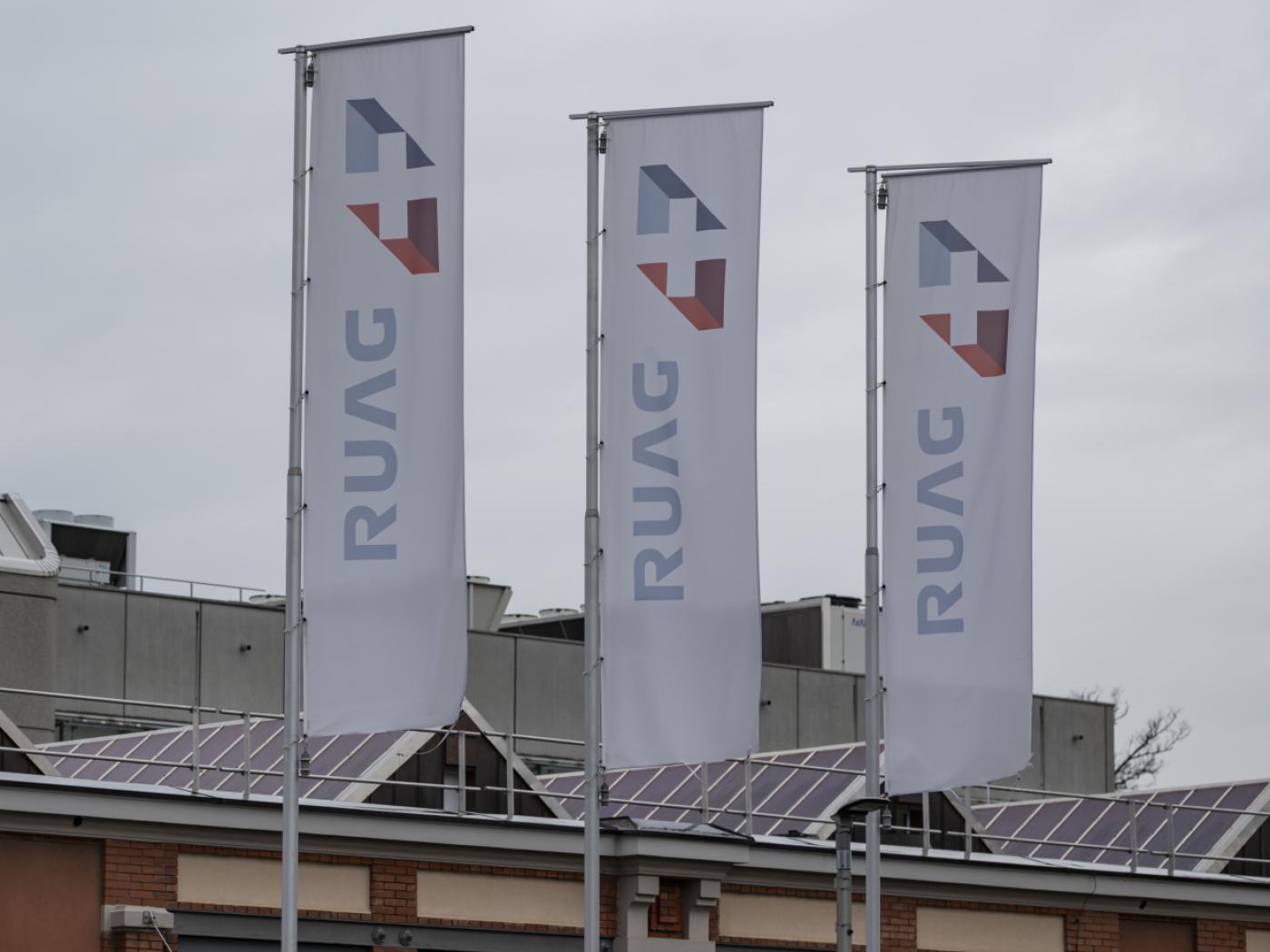As expected, last week the European Central Bank hinted at a “moderate” reduction of the bond buying it undertakes as part of its Pandemic Emergency Purchase Programme (PEPP). But ECB president Christine Lagarde refrained from providing a precise timeline and she was adamant that a reduction in PEPP purchases did not mean the ECB would tighten financing conditions. Indeed, the ECB could well compensate smaller PEPP purchases by beefing up its regular asset purchases. For now, the ECB, like the Federal Reserve, seems to be happy to cultivate a certain ambiguity about tapering plans. This is understandable: covid variants remain a concern and forward indicators are beginning to turn south. But recent big jumps in inflation, amid persistent global supply problems, is providing ammunition to central bank hawks—who can point to the upward revision in in the ECB’s own inflation forecasts and the huge rise in job openings in the US (to almost 11 million in July). Since it is far from clear that pumping ever more liquidity into the system can solve what are inherently supply problems, quantitative easing’s day of reckoning may not be far off.
Chinese equity markets last week continued to steady after the big upsets caused by the fast-changing regulatory landscape—partly reflecting the big improvement in July trade numbers and partly gathering expectations for well-targeted economic stimulus. But regulatory zeal is undiminished, recently extending into the gaming industry and continuing to encroach on Big Tech’s lending business. At the same time, parts of the Chinese credit sector remain unsettled, leading last week to a downgrading of Evergrande’s credit rating and forcing banks and insurers to increase corporate loan provisions. Meanwhile, factory prices rose at their highest rate in 13 years in August. While consumer inflation remains under control in China (but much less so other emerging markets, notably Brazil), this kind of price pressure, together with a lag in earnings dynamics, means we prefer developed markets to emerging ones for now.
Finally, last week further validated our ‘Resurgence of M&A’ theme as Wizz Air made a takeover bid for EasyJet in the much-challenged airline industry. We expect defensive M&A activity to remain strong and to expand in a number of areas such as European banking. We believe event-driven hedge funds may be one way to play the inevitable pricing inefficiencies in such operations.
Full story here Are you the author? Previous post See more for Next postTags: Featured,Macroview,newsletter,Pictet


































